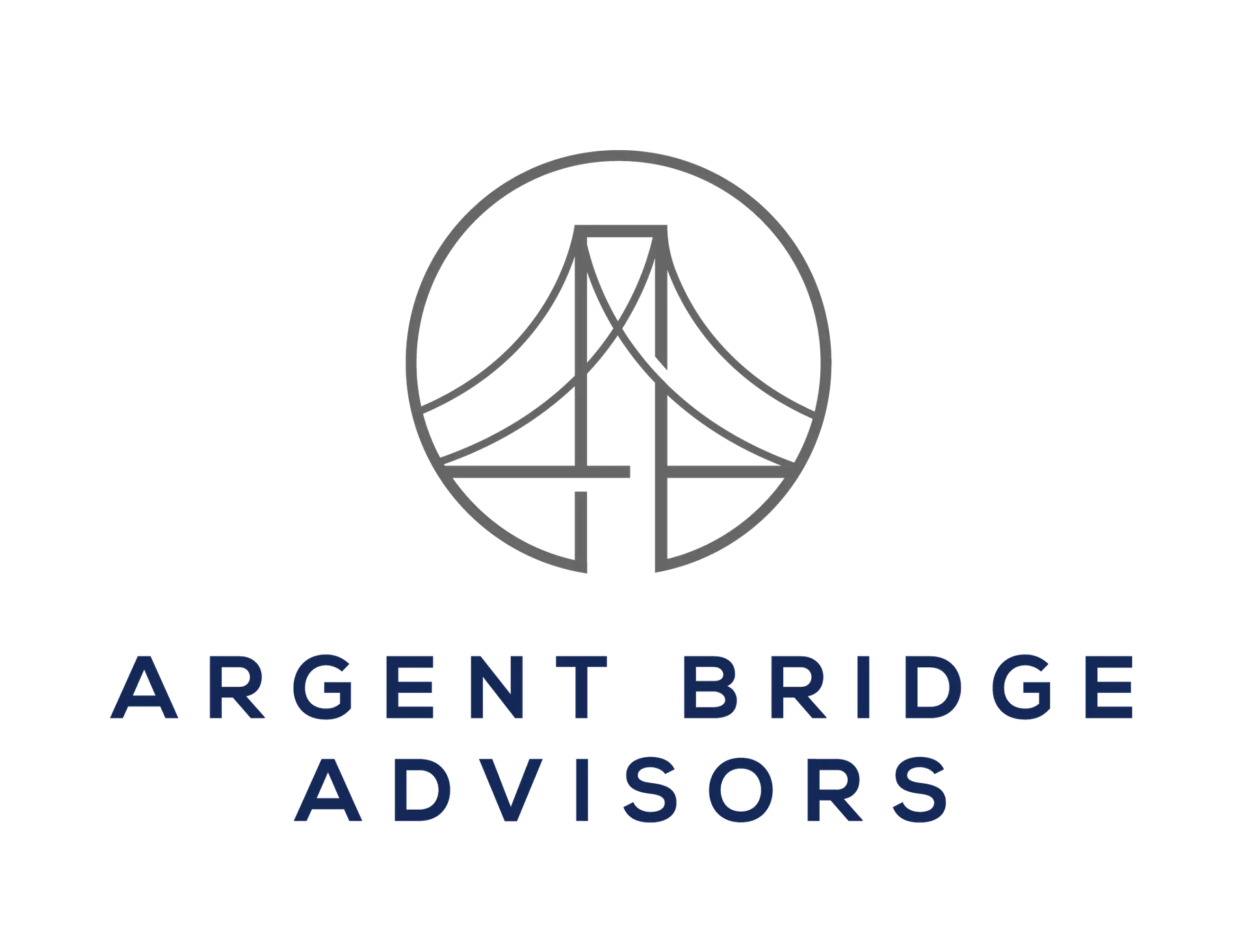Most people believe that a last will and testament is all they need for estate planning. However, a complete estate plan should also include planning for incapacity with financial power of attorney and an advance health care directive. Sometimes, a revocable living trust may be included as well. It can be difficult to know if your plans are complete, but an inheritance planner in Northern Virginia can help you.

Non-Probate Assets
Property that the decedent owned or controlled at the time of his/her death that transfers after death as a matter of law or pursuant to a contract is considered non-probate property. These assets are said to bypass the court process of probate. Furthermore, involvement of a personal representative appointed by a probate court is not necessary to pass the title. The descendant’s last will and testament does not control the distribution of non-probate property unless the descendent directed any death benefits to his or her estate.
Generally, non-probate assets are those that are jointly owned, owned in trust, or controlled at death by beneficiary designations. Typical examples include:
- 401(k) plans
- Annuities
- Individual Retirement Accounts (IRAs)
- Life insurance policies
- Bank accounts or investment accounts with transfer on death (TOD) and payable on death (POD) designations
[Related: Protecting Your Wealth]
Importance of Beneficiary Designations
A beneficiary designation overrides a distribution set forth in a will. Therefore, it is crucial that you keep your beneficiary designation updated. If you change or update your estate planning documents, but do not update your beneficiary designation, the distribution upon your death may not match your intent. Forgetting to update your beneficiary designation can have significant impact on your estate plan.
Naming Beneficiaries
One of the more difficult parts of inheritance planning is naming one or more beneficiaries. There is no quick answer. Each estate plan is unique and requires individualized discussion regarding the individual’s goals and the impact potential beneficiaries would have on those goals. An inheritance planner can help you understand these implications and choose the beneficiary designations that fit best with your estate plan and your goals.
Naming beneficiaries is important and there are several issues that should be considered and mistakes that can be avoided with the support of an inheritance planner. For instance, you may wish to designate a loved one with special needs, or a minor who cannot receive distributions outright. These circumstances require special consideration. An inheritance planner can help you navigate these issues and make the best choices.
Updating a Beneficiary Designation
Like your will, beneficiary designations should be reviewed every few years and any time the account holder experiences a life changing event such as marriage, divorce, change in financial status, or death of a loved one. This means you need to contact insurance companies and financial institutions that hold your policies, contracts, or accounts with beneficiary designations. This includes retirement accounts.
You should request a written confirmation of the current beneficiary designations and ask for forms that would allow you to change your beneficiaries. If you update your designations on paper forms, rather than an electronic format, you should request written confirmation that the change was processed after you submitted it.
Inheritance Planner Northern Virginia
Inheritance planning is not easy, but it is necessary. Having an experienced inheritance planner to help you navigate through the process is the best way to avoid mistakes and ensure that your wishes are carried out. If you are ready to begin your estate planning, or update current plans, or just need support in some way please contact Argent Bridge Advisors today!




